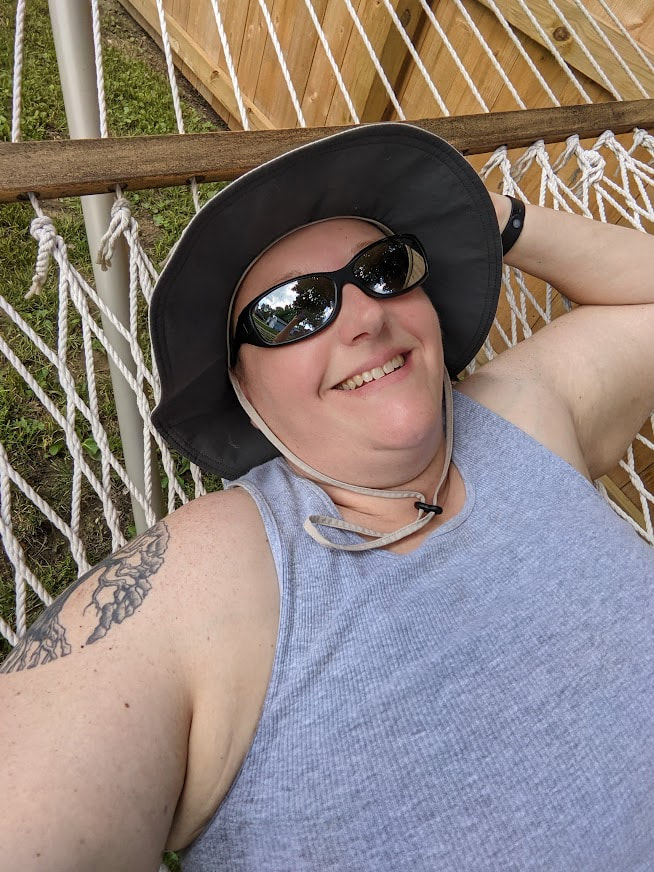|
My mom called me the other night to tell me about a television show on HGTV that she thought I would like. The show is called, "Bargain Block," and it is about a couple, Keith Bynum and Evan Thomas, who are purchasing horribly dilapidated houses in Detroit--often times for as little as $1,000 per home--and renovating them. But the couple doesn't just renovate one home on the block, they renovate several homes on the block...with a twist. The couple keeps the renovation costs down by doing the work by themselves, living in the homes (as soon as they are somewhat functional), and shopping at thrift stores for furniture and supplies. The idea is that if renovation costs are kept low, the purchase price can be kept lower as well. This does two things: 1) Allows for many first time home buyers to be able to qualify for home loans; and 2) Allows the couple to have just enough of a profit to continue transforming the city they love. In other words, Keith and Evan do their very best to ensure that their work is mutually beneficial for them and even the most entry level of buyers.
As I watched the show, I noticed how Keith and Evan were inviting curious neighbors over to see their work, and how the potential buyers who came to look at completed homes were often people with ties to a particular street or neighborhood who were looking to move back and make home ownership a reality. All of them commented on what a difference just one home renovation made in the community, let alone several on the same block. It was almost like the revitalization that Keith and Evan had to offer was revitalizing something in the people of and connected to the neighborhood as well. You might be surprised to learn that our communities of faith were intended to function in this same way. In Paul's letter to the church in Rome, he wrote, "I really want to see you to pass along some spiritual gift to you so that you can be strengthened. What I mean is that we can mutually encourage each other while I am with you. We can be encouraged by the faithfulness we find in each other, both your faithfulness and mine," (Romans 1:11-12, CEB). But so often, our faith communities don't function this way at all. One reason, I think, is that we simply are not present to one another in ways that strengthen us. Yes, this can mean being physically present in the life of our community of faith (i.e. worship, faith formation opportunities, missions to the community, servant leadership, etc.), but it also means being fully mentally and spiritually present to one another when we are physically present with one another. Deepak Chopra is an Indian-American author and alternative medicine advocate. He shares that in order to be fully present in the moment and with each other, "we must let love creep in and allow it to become the healer and motivation for everything we do”. He urges us to remember that, “we are not our experiences or external results”, and reminds us to, “get into the habit of realigning daily & witnessing our mental space." In short, how we care for ourselves, how we open ourselves to love, and how we allow love to move and shape us, dictates how we are able to do the same with others. If what Paul wrote is true--if our encouragement comes in the faithfulness we find in each other--what, I wonder, have you cultivated in your own life and in your own faith for people to find in you? How have you been caring for yourself so that others may find care in you? How have you been open to love so that others might find love in you? In what ways have you allowed love to move you and shape you, so that others might find the transforming power of love in you? Our answers will be different, but one insight, I think, will be the same for us all: Our faith doesn't exist in a silo. Our faith isn't just about us individually. Our faith is about our COMMUNITY. How we live our faith and how we show up for one another directly impacts the health of the faith community. We can, dear siblings, be encouraged by the faithfulness we find in one another, but only if and when we show up--fully--mind, body, and spirit. Not some cleaned up version of ourselves, but who we are, just as we are. Encouraged by your faithfulness, Pr. Melissa Comments are closed.
|
Rev. Melissa Sternhagen
Rev. Melissa Sternhagen was called as the pastor of St. Paul Congregational UCC in June of 2020. Prior to her call to St. Paul, Pr. Melissa worked as a hospice chaplain in the Ames, IA area, following pastorates at rural churches in Central Iowa and Southern Illinois. Pr. Melissa is a second-career pastor with a background in agribusiness and production & supply operations. She received her M.Div. from Eden Theological Seminary in St. Louis, MO, and holds a MA Ed. in Adult Education and Training, and a BA in Organizational Communications. Archives
July 2024
Categories |

 RSS Feed
RSS Feed
